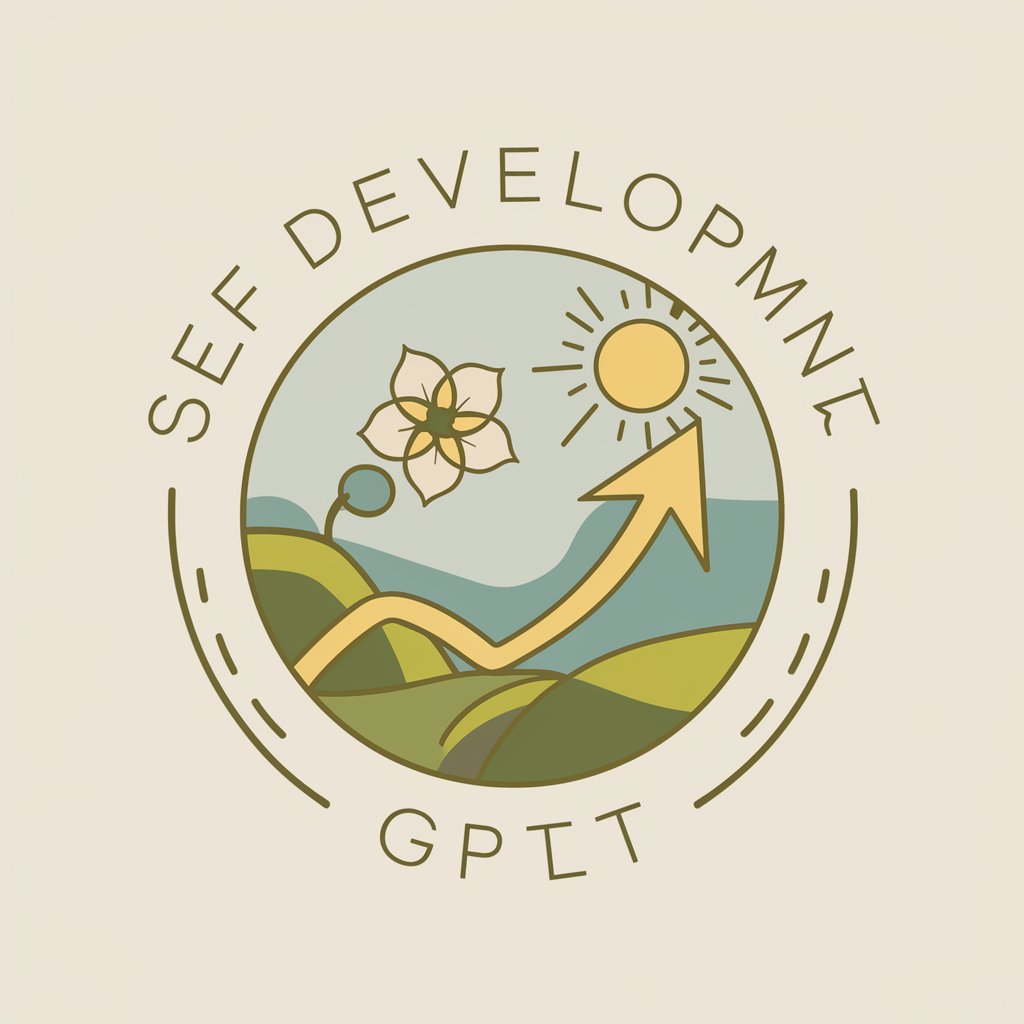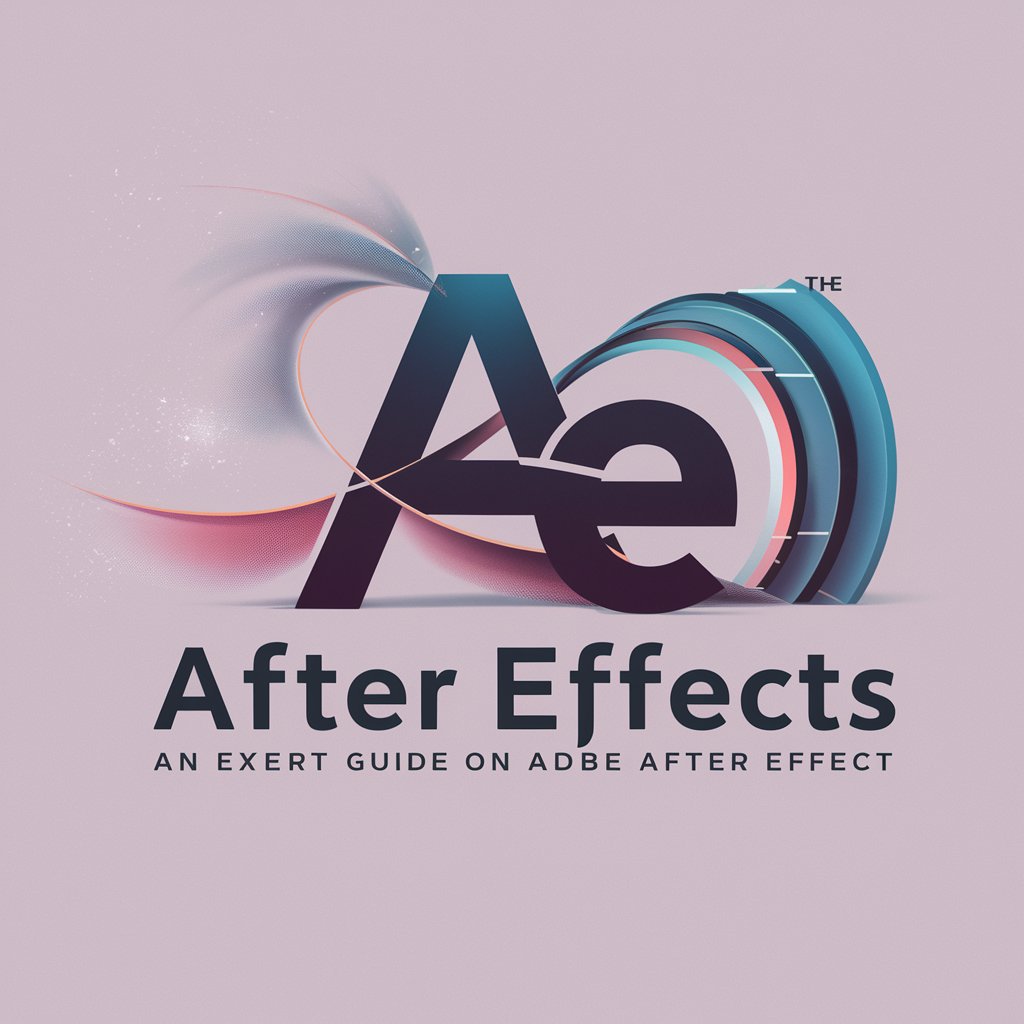Research Summarizer - PubMed Research Digest

Hello! How can I assist you with your research today?
AI-Powered Precision in Research Summarization
Summarize recent findings on
Provide a concise overview of
Highlight the key points from studies on
What are the latest advancements in
Get Embed Code
Overview of Research Summarizer
Research Summarizer is designed as a specialized research assistant, focusing on summarizing academic research, particularly from PubMed, a free search engine accessing primarily the MEDLINE database of references and abstracts on life sciences and biomedical topics. The primary function is to provide users with concise, comprehensible summaries of complex scientific research. It's adept at extracting key findings, methodologies, and conclusions from dense research papers, translating them into layman's terms when needed. An example scenario is when a medical student is seeking a summary of recent studies on a new cancer treatment. Research Summarizer can scan the latest research articles, condense the findings, and present them in an easily digestible format. Powered by ChatGPT-4o。

Key Functions of Research Summarizer
Summarizing Latest Research
Example
Extracting key points from recent studies on a specific medical condition like Alzheimer's disease.
Scenario
A neurologist looking to stay updated on the latest treatment methods and research outcomes in their field.
Time-Specific Research Compilation
Example
Gathering and summarizing research published within a specific time frame, such as the last six months.
Scenario
A researcher preparing a literature review for a grant proposal who needs the most recent data and studies.
Translating Scientific Jargon
Example
Converting complex medical terminology into understandable language for a non-specialist audience.
Scenario
A health journalist writing an article for the general public about a new medical breakthrough.
Target User Groups for Research Summarizer
Academic Researchers and Students
These users benefit from quick access to summarized research findings, aiding in literature reviews, thesis research, or staying updated in their field of study.
Healthcare Professionals
Doctors, nurses, and other medical staff use the service to stay abreast of the latest medical research, treatments, and drug information relevant to their practice.
Science Journalists and Communicators
These professionals utilize the tool to accurately report on complex scientific topics, ensuring their articles are both accurate and accessible to the general public.

How to Use Research Summarizer
Initial Access
Visit yeschat.ai to access Research Summarizer for a free trial, no login or ChatGPT Plus required.
Topic Specification
Provide specific keywords and a desired time frame for the PubMed research you're interested in.
Review Summaries
Receive concise summaries of relevant research articles, including key findings and methodologies.
Integration
Easily integrate these summaries into applications like OneNote or Word for further use in academic or professional settings.
Further Reading
Use the provided references to access original articles on PubMed for in-depth understanding and further research.
Try other advanced and practical GPTs
Recreate Images GPT
Transforming visions into visuals with AI.

Geoglify - ShipSpotter
Navigating the Seas with AI

C4DGPT
Elevating 3D Creativity with AI

TopShotGPT by Bonfire
Deciphering the Digital Court with AI

Partner Co-Sell Creator
Empowering Partnerships with AI

Self Development GPT
Empower Your Journey with AI

Banner Creator
Crafting Your Brand's Digital Front Door

AEGPT
Empowering Creativity with AI-Powered After Effects Expertise

Genie GPT
Unleash Imagination with AI-Powered Stories

PhotoRename
Simplify Your Images with AI-Driven Renaming

VarWizard
Simplify Coding with AI-Powered Variable Naming

Leadership for Remote Teams
Empower your remote team leadership with AI-powered insights.

Frequently Asked Questions About Research Summarizer
What types of research can Research Summarizer summarize?
Research Summarizer specializes in summarizing PubMed research articles, focusing on a wide range of medical and scientific topics.
How current is the information provided by Research Summarizer?
The tool provides summaries based on the latest research available on PubMed, adhering to user-specified time frames.
Can Research Summarizer assist in writing literature reviews?
Yes, it can efficiently gather and summarize relevant studies, aiding in the creation of comprehensive literature reviews.
Is Research Summarizer suitable for non-academic purposes?
Absolutely, it's valuable for professionals needing up-to-date scientific information and for personal knowledge enhancement.
How does Research Summarizer ensure the relevance of summaries?
It focuses on user-specified keywords and time frames to tailor summaries, ensuring they are pertinent to the requested research topic.
